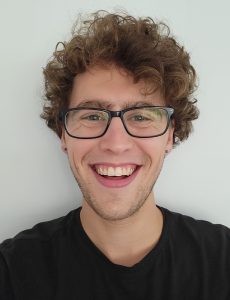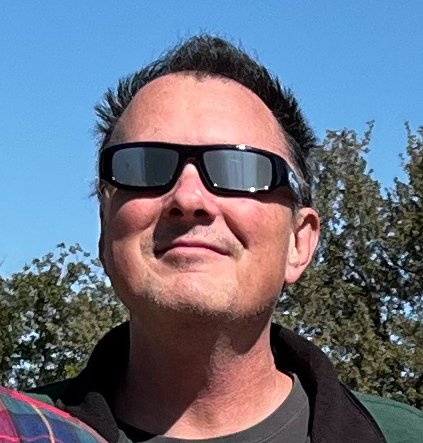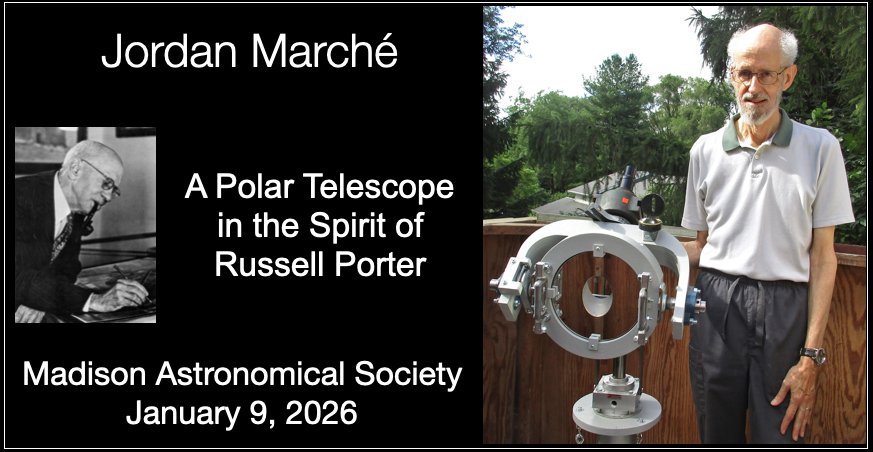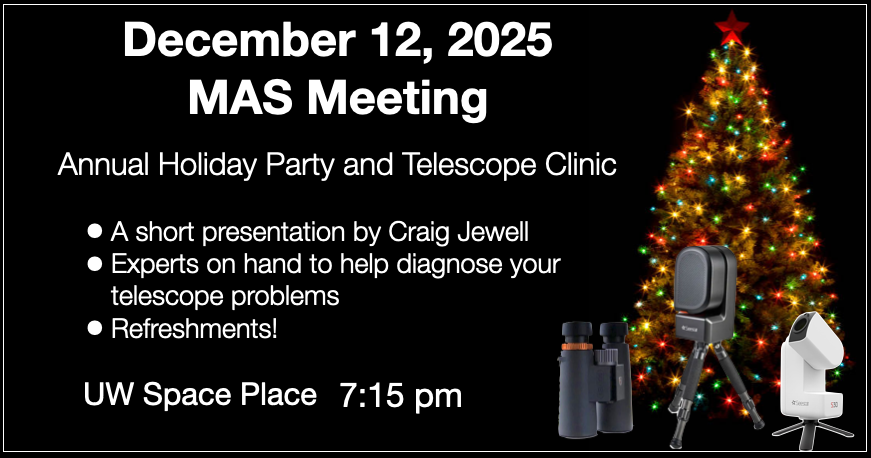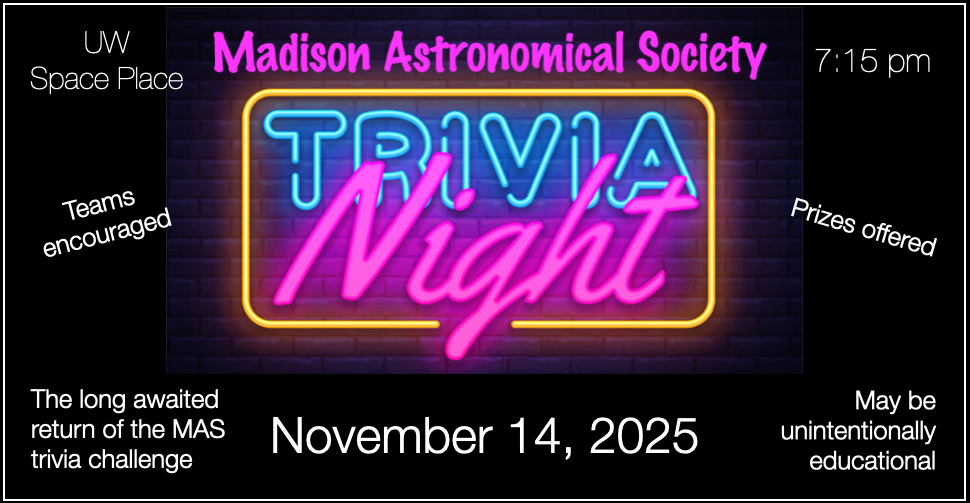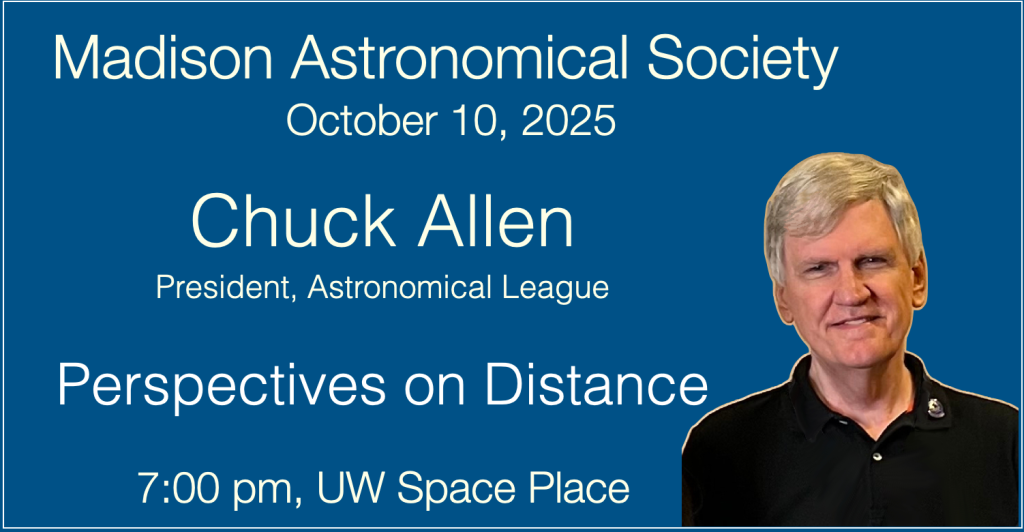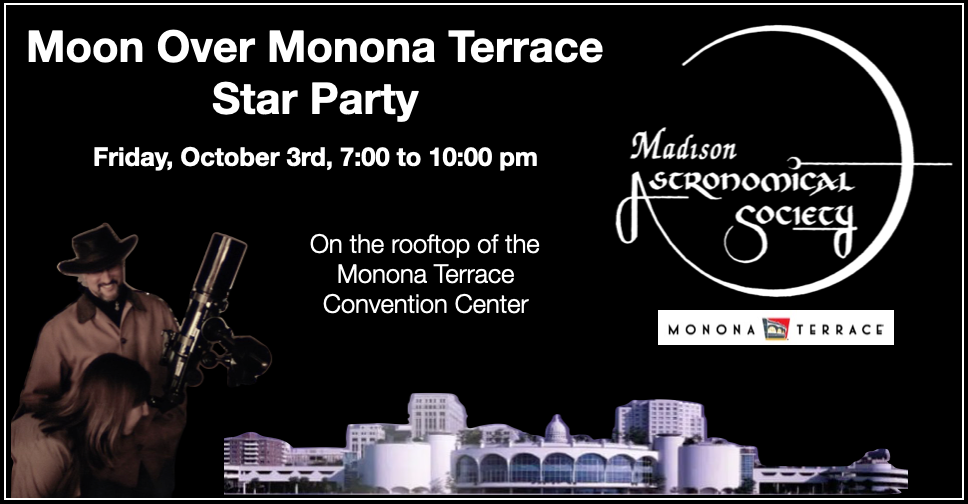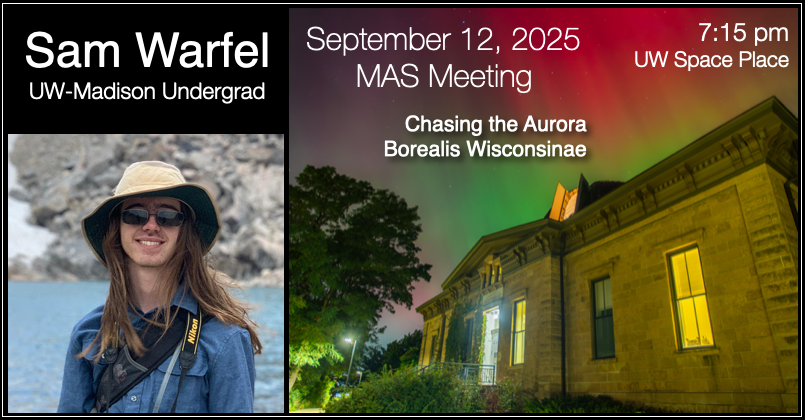Friday, May 8, 2026, 7 PM, UW Space Place
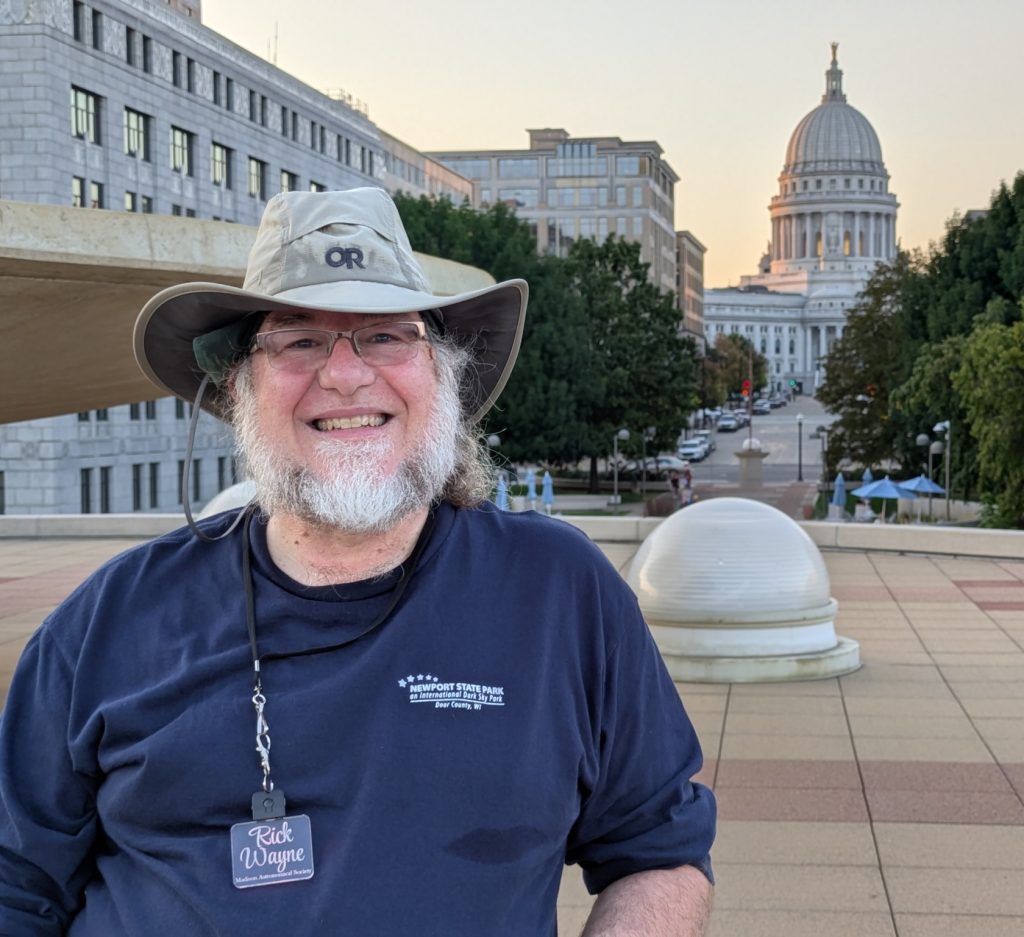
Rick Wayne
MAS Outreach Coordinator
Quite recently, only the brainiest and most dedicated uber-nerds dared to tread into astroimaging. The laws of physics haven’t changed, but in every direction, the barriers to entry have nevertheless fallen. First-class optics, precision mounts, amazing sensors, and simply incredible advances in software are in reach for just about anyone. If you thought astrophotography was too hard or too expensive, see what you think after we explore the current state of play.
(more…)